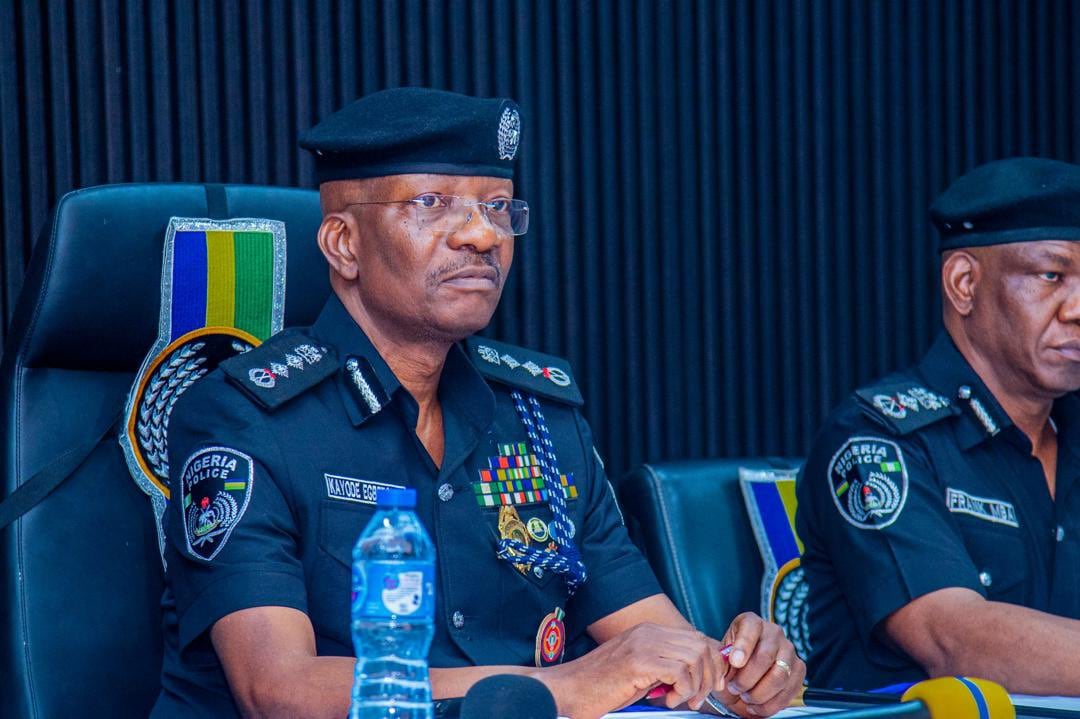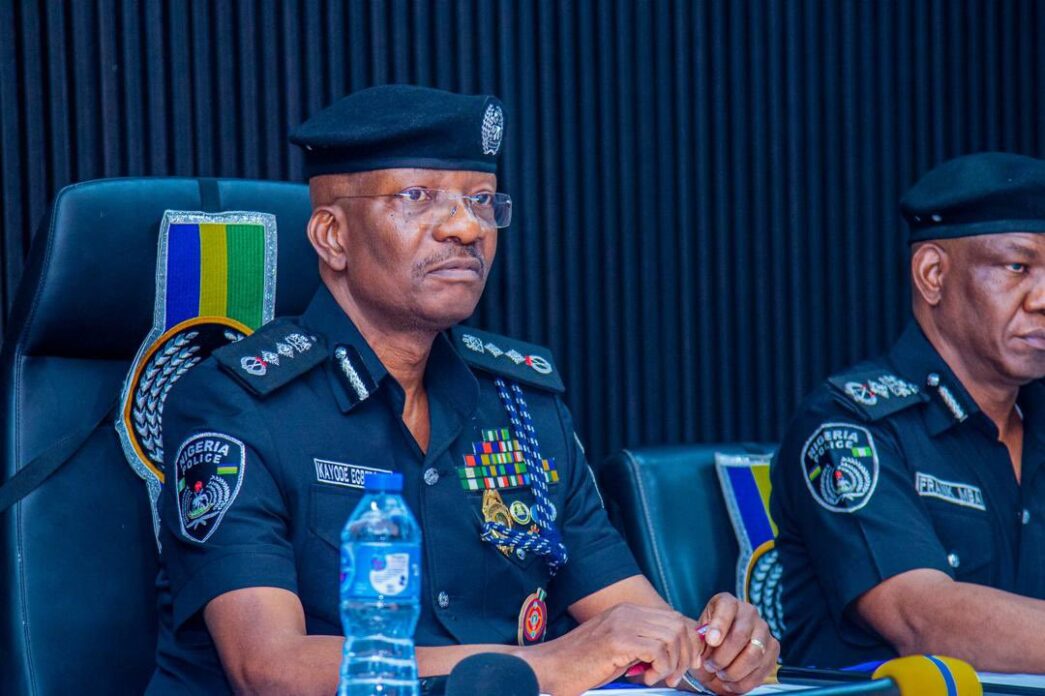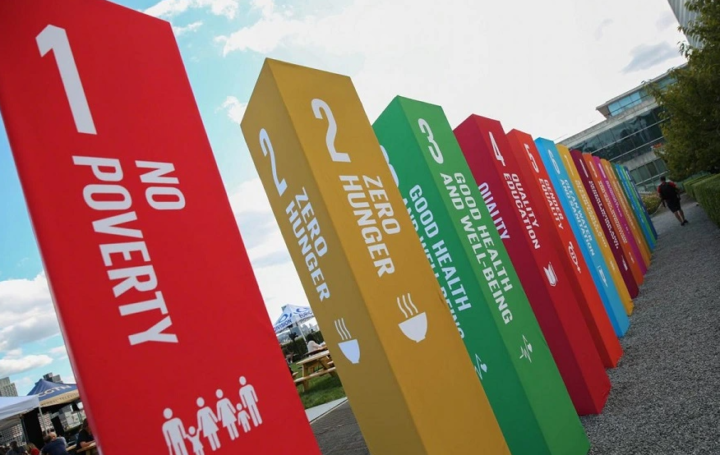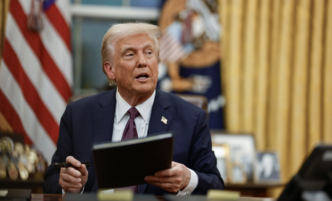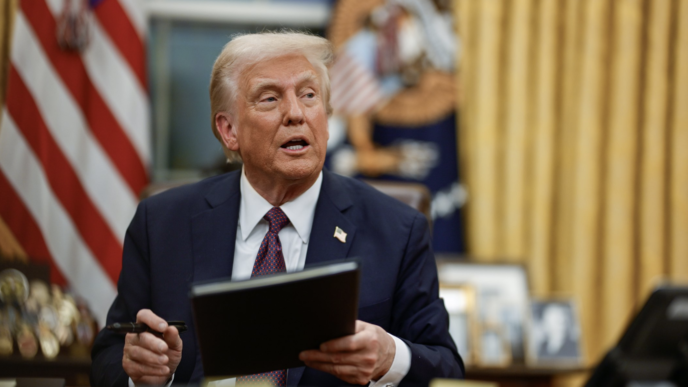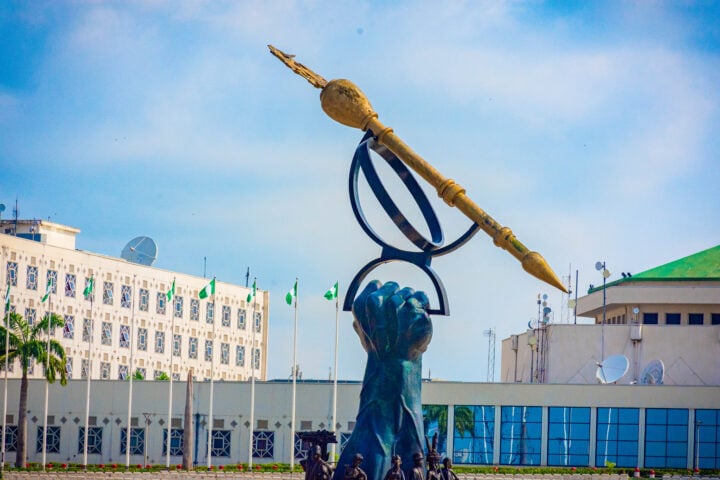Kayode Egbetokun, inspector-general of police (IGP)
BY UMAR BAKO
In recent times – and more particularly following the issue of the emplacement of a fixed tenure of office, which is being responded to from different perspectives – the Inspector General of Police, Kayode Egbetokun, seems to be caught up in the eye of a media storm – or at least the caustic reactions of a section of it. This appears greatly inclined to constantly pillory or trolling him, in what might seem an effort to extract a pound of flesh for real or perceived injustices from the security sector honcho.
No doubt, there have been the age-long and routine concerns around the arbitrary arrests and detention of youths, instances of human rights violations in the handling of protesters, with examples made of some of those involved in the #EndBadGovernance protests, the prosecution of minors, etc. For much of the foregoing, the police authorities have equally sought to ban the arbitrary arrests and detention of youths, as well as show more sensitivity to human rights concerns, among other similar measures.
Yet, when what seems like the more concerted attacks – with a highly visible media rendition – on the person of the IGP – beyond the wider police establishment that he leads – is considered carefully, it all appears basically as much ado about nothing. These are layers of vigorous responses, coming from the rank of those who are apparently unhappy with the fact that Egbetokun has been granted the sort of lease that many of his predecessors were not availed with (that is also said would slow down the ascension of other senior officers to the commanding height), which is to serve out a full four-year term of office, as now provided for and authorised by Section 18(8A) of the Nigeria Police Act, as amended.
This appear to be what is driving the rigorous antagonism to, if not open confrontation of, the IGP, in ways that do not bode well for national security. This is because agents of destabilisation can seize on this distraction to perpetrate nefarious activities that could compromise our collective safety.
Advertisement
Promoting Public Disaffection
A prominent section of the media – and specifically an online platform – seems to readily offer itself as a purveyor of all sorts of content that are antagonistic of the IGP, thereby ultimately seeking to create public disaffection for him, even when embedded in this are elements of a fair cause. In one prominent instance, there is the case of six very senior police officers who were found to have falsified their ages in order to remain longer in service, whilst also circumventing the service regulations. The IGP had thus sought to subject them to disciplinary action.
However, these officers, who were close to retirement from the force, had also been threatening havoc if the IGP did not retire with them, as they claimed that they are all subject to the same rule under Section 18 of the Police Act. Conscious of the fact that he is a political appointee who that rule is not applicable to, the IGP is said to have initially sought a disciplinary committee to consider the matter of these errant officers, who were to then proceed on retirement, before what seemed to have been a counter-directive came from the Presidency to put the retirement on hold.
Advertisement
The said online platform has readily lent itself to vigorously disseminating all forms of information that would put the IGP and his office in a negative light, particularly due to the antagonism of its primary promoter to the IGP.
The online medium had equally claimed that a “mutiny” was brewing in the Police Force, with the protests of over 200 officers, who despite being found to have falsified their ages, were refusing to retire from service, even though some of them have spent close to four decades in service. Prominent among these officers is said to be a Deputy Inspector General, who is in charge of a crucial department within the Force.
Hence, a controversy was created out of what should have been a straightforward directive of the Police Service Commission (PSC) to the IGP to retire officers who have spent either 35 years in service or had attained the age of 60, by also questioning the morality of this directive being carried out by an IGP who is said should also have retired, when the rules on his tenure as an appointee of the president yet makes his own position in service very clear.
A Storm in a Teacup
Advertisement
There is equally the case of a lawyer, Tolu Babaleye, who wrote to the President in September 2024, querying the legal status of the IGP, who he described as having become “statutorily a civilian” but was still presenting himself as a police officer. This was also given prominence by the said online platform.
In the letter by the lawyer, he claimed that “…I am surprised that the said Retired Inspector General of Police who by all indications is now a civilian is still parading himself as the No. 1 Police Officer in Nigeria and still going about as the IGP with full paraphernalia of office as if he is not aware that he is now a civilian based on law.”
And in what could be considered as some form of mischief, the lawyer actually concedes to awareness of the legal framework on which the position of the IGP hinges, as he noted in his letter that, “I have also observed that there seems to be a constitutional conundrum brooding from this situation at hand with the contradictory provisions of Police Act 2020 in S.7 (6) and S. 18 (8)”.
However, could there be said to be a “conundrum” if the legal provisions cited are not wilfully misread, with the latter section 18 being a general provision referring to all police officers, while Section 7 is very clear about the tenure of the IGP as a political appointee of the President?
Advertisement
It is a bit disturbing that a lawyer who makes all the affectation of being informed by quoting the relevant provisions of the law would not be aware of the amendment to section 18, through the addition of subsection 8A by the National Assembly, which clarifies any ambiguity that might have existed between Sections 7 and 18 of the Police Act.
It could be said that the attempt to ridicule the IGP through this public missive to the president was further deepened by the online platform, which went ahead in that story to give vent to allegations that might be spurious. It claimed, without any shred of evidence, that some senior police official sources had given information that the IGP had bribed his way through the National Assembly to secure his tenure elongation, after the amendment bill initially sent by the Presidency in this regard had stalled. Hence, Egbetokun is said to have manipulated the system to get what he wanted.
Advertisement
Without evidence, this is a deeply concerning allegation that can impugn the reputation of the IGP as a desperate careerist, who has engaged in an illicit act contrary to the requirement of his office. Yet, the Police PRO, Muyiwa Adejobi, had pointed out that the said amendment to the Police Act on the tenure of the IGP has an history of its own, going back to the eighth National Assembly when it was first broached, before it finally succeeded in the tenth National Assembly.
Cybercrime and the Right to Self-Defence
Advertisement
An interesting dimension to the media maelstrom the Inspector General of Police is embroiled in pertains to his social media description as an “illegal IGP Kayode Egbetokun” by politician and publisher of SaharaReporters, Omoyele Sowore, which the IGP apparently took serious exceptions to by seeking recourse to self-defence through the institution of a lawsuit against Sowore on charges involving cybercrime and cyberstalking.
In response, SaharaReporters has been an advocate in the case of its founder through which there have been the counter charge of a violation of the Nigeria Police Act, which forbids any police officer to initiate legal proceedings in their own personal interest or in defence of their public duties without the approval of the government.
Advertisement
Without the prejudice of commenting on any issue that is sub judice and before the consideration of the courts, it appears to me that much of the issues that are driving the media campaigns against the IGP are actually much ado about nothing. Beyond the flaring of egos and the urge to shove fingers into one another’s eyes to register the severity of each’s angst with the other, a simple clear-eyed appeal to provisions of the law on the tenure of the IGP, as provided by Section 18 (8a) of the Nigeria Police Act, as amended would dispel the need for all these venting.
The foregoing would render the issues clear enough and those who have issues with the IGP should, rather than inflame the polity with their rhetorics, while pressing the media into serving their ends and becoming catalysts of destabilisation, save their passions for other more worthy purposes. The tenure of the IGP is only for four years and 2027 is just around the corner. Even then, this would not be a rite of entitlement, as each administration statutorily reserves the right to choose its own heroes and villains alike.
Bako, a security sector analyst, writes from Jalingo in Taraba State.
Views expressed by contributors are strictly personal and not of TheCable.
Add a comment
